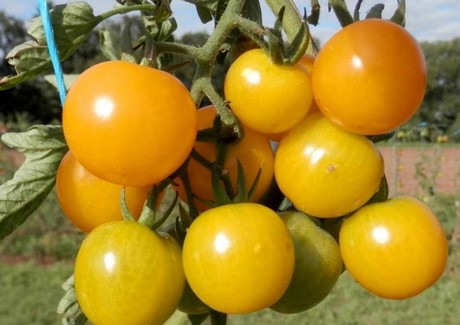Plant breeders of the University of Göttingen and the Association Agrecol have launched a joint initiative to protect seeds as a common good. Agrecol developed an "open-source seed license", which secures seeds as a common good and thus protects against patenting and plant variety protection. The results have been published in the journal PLoS Biology.

"We are noting -with great concern- that access to breeding material worldwide is increasingly restricted by private interests. Among other things, patents prevent important properties from being used more intensively in breeding," says Dr. Bernd Horneburg from the Plant Breeding Department of the University of Göttingen. "The movement to view seeds as a common property has increased over the last six years - probably because of increasing privatization and market concentration in the seed sector."
Open-Source Seeds
The Association Agrecol promotes site-appropriate land use in developing countries. Together with the University of Göttingen and "Culinaris - Seed for Food", it tests the open-source seed license with the OpenSourceSeeds program. "There is great consumer demand," says project manager Dr. John Kochi. However, more and more merchants would offer licensed tomato varieties.
